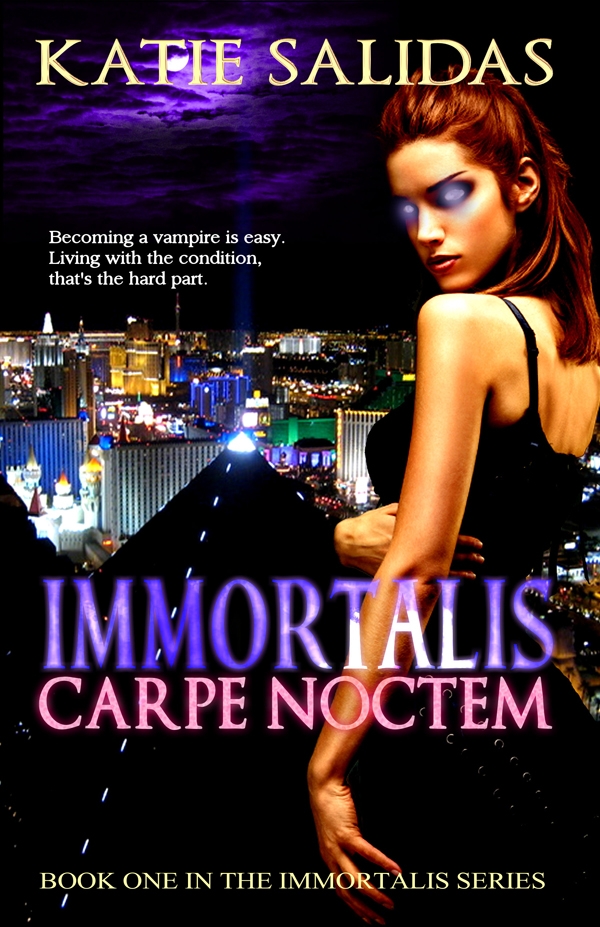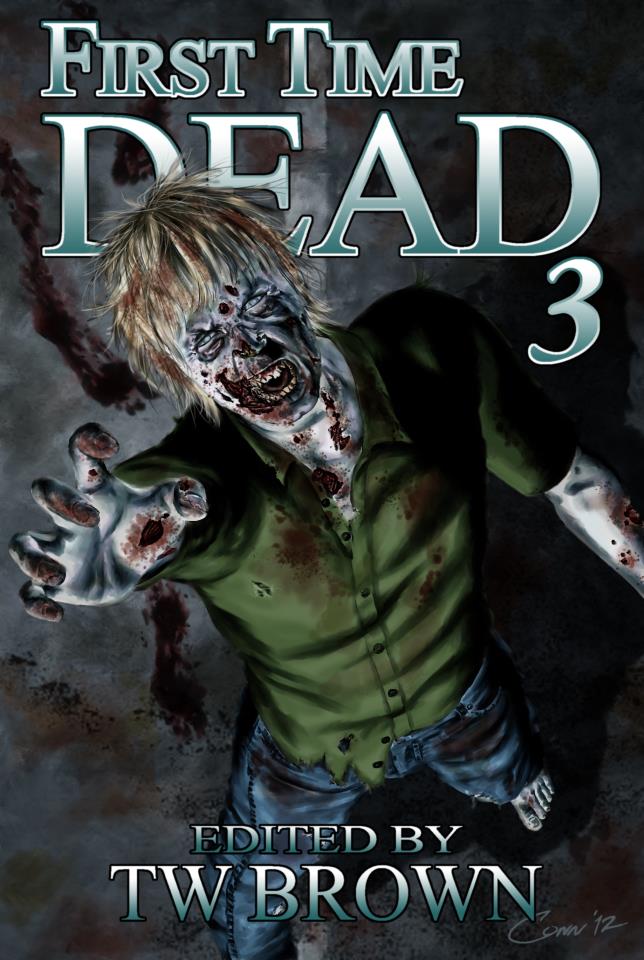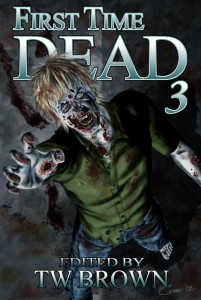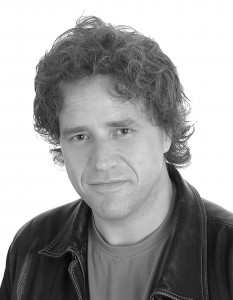Today we have a sneak peek from Katie Salidas’ urban fantasy book, Immortalis Carpe Noctem:
 Explore the emotional upheaval that is the transformation from human to vampire.
Explore the emotional upheaval that is the transformation from human to vampire.
Bleeding to death after brutal mugging on the campus of UNLV, Twenty-five year old Alyssa, is rescued by the cold and aloof, vampire, Lysander. Taking pity on her, he shares the gift-and curse-of immortality. She awakens as a vampire and is soon devastated by harsh realities of her new way of life: An unyielding thirst for blood as well as the loss of her friends, her independence, and her humanity.
As if having her humanity stripped away was not enough to make life interesting, Alyssa finds out her “turning”, did not go unnoticed by the rest of undead society. Old enemies; an ancient sect of vampire hunters, known as the Acta Sanctorum, as well as a powerful Vampire mistress, each set plans in motion to destroy both Alyssa and Lysander.
Only by accepting her new-found immortality, seizing the night, will Alyssa hope to survive. She and Lysander must fight together against two sets of enemies bent on destroying them both.
Immortalis Carpe Noctem is available at Amazon.com, Barnes & Noble, and Smashwords. Continue reading “Sneak Peek: Immortalis Carpe Noctem by Katie Salidas”




